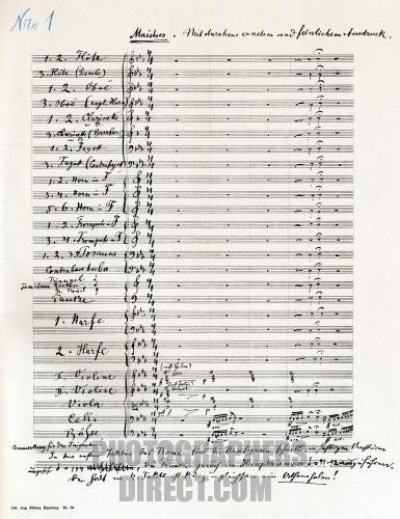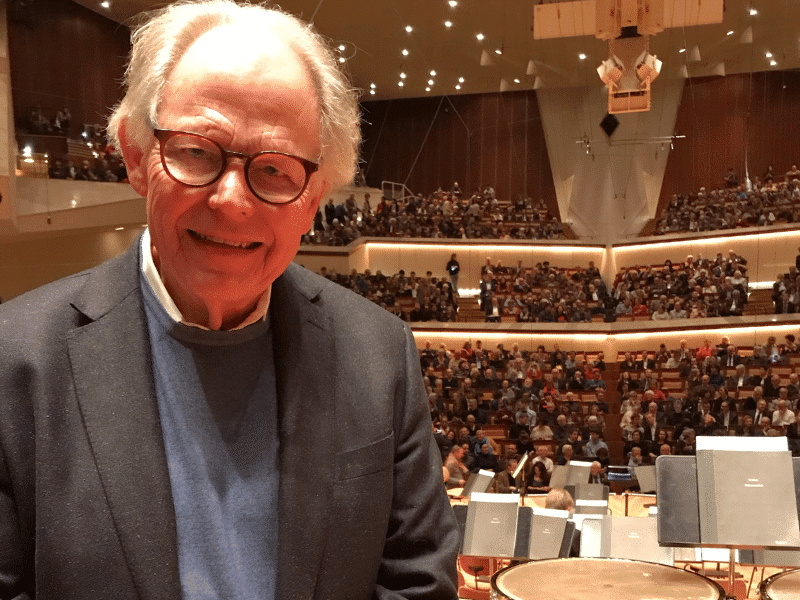What maestros do in Mahler 2
mainWatch these momparative videos.
Click here.


For 38 consecutive years, the Last Night of…

Having slashed the executive team last July, the…

Urgent message from the hall: Carnegie Hall today…

Bob Bell gave almost 70 years of his…

Session expired
Please log in again. The login page will open in a new tab. After logging in you can close it and return to this page.
Comments